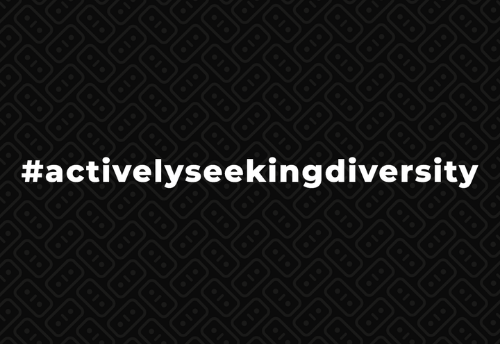The Changing Role of Artificial Intelligence in Digital Marketing
By Janine Pollack
Director, Integrated Marketing
Artificial Intelligence (AI) is changing the way industries operate—pushing boundaries to augment human intelligence and improve decision-making. Small wonder marketing leaders believe AI will revolutionize how brands go to market. That concept is called Artificial Intelligence Marketing.
AI And Marketing: A Winning Combination
Artificial Intelligence and marketing-based analytic data models have made it possible to do things that marketers have talked about for decades. This conversation has become a reality thanks to on-demand computing power, increasingly connected consumers, and advances in AI.
That means marketers can drive better marketing performance and understand ROI properly for the first time. With a role in everything from data integration to insight generation, AI enables marketers to scale endlessly while never missing an insight—or a preferred customer. AI helps marketers centralize data from different platforms and supports the new mandate for always-on optimization, while, ironically, keeping it personal.
“Brands that create personalized experiences by integrating advanced digital technologies and proprietary data for customers are seeing revenue increase by 6% to 10%—two to three times faster than those that don’t.” – Profiting from Personalization, Boston Consulting Group
The Growing Popularity of Artificial Intelligence Marketing
Marketers’ use of AI is expected to grow more than 50%, according to a Salesforce survey.
Why? Because marketers want to better understand customer behavior, to help determine the optimal message for the optimal channel. Think of the way the music-streaming service Pandora uses AI algorithms to generate personalized playlists for each of its millions of users. Or consider Starbucks, which, with customers’ permission, uses AI to recognize their mobile devices and call up ordering histories. And Carnival Corporation is applying AI to personalize the cruise experience through a wearable device called the Ocean Medallion. It uses machine learning to streamline and enhance the cruise. All these companies use AI to anticipate consumer preferences, personalize service, and drive brand affinity.
53% of customers will abandon an online purchase if they can’t find a quick answer to their questions. AI powers presale services to educate buyers, minimizing purchasing errors and buyer’s remorse.” – How AI Will Transform Customer Service. Forrester
Brands that do it best infuse their AI experiences with the human touch so that their brand voice—literally in the case of Alexa—rings true. As with any advertising, brands need to be authentic.
In fact, brands and organizations across industries are embracing big data and AI, experimenting with how they can impact business in new and exciting ways. One great example is fire departments in Southern California, who are using big data and AI in their never-ending fight against wildfires.
AI and Sales Funnels
AI is expected to grow to $104.8 Billion in 2025 from $5.4 Billion in 2018—an amazing 1,800% growth—notes Matthew Fanelli, Board Member of Interactive Advertising Bureau. He goes on to say that if AI provides a service, it will be embraced by target audiences and fill the sales funnel. This is why businesses from QSRs to healthcare are embracing AI to further their brand purpose and drive sales and revenue.
The result is personalized, relevant, and friction-free—and more likely to result in conversions.
This content was originally published here.

